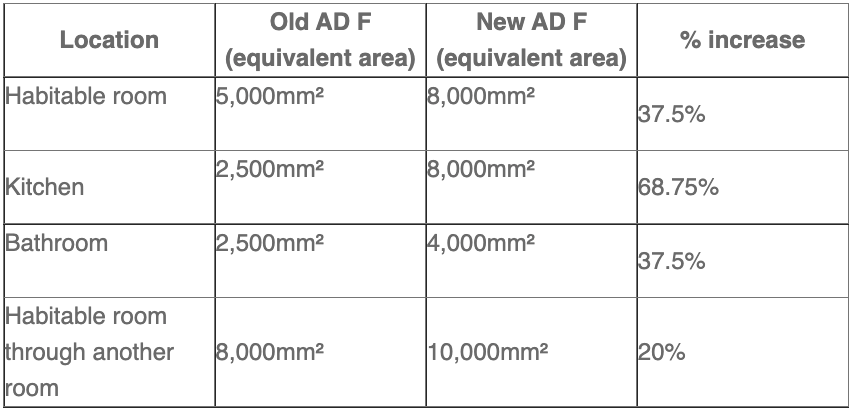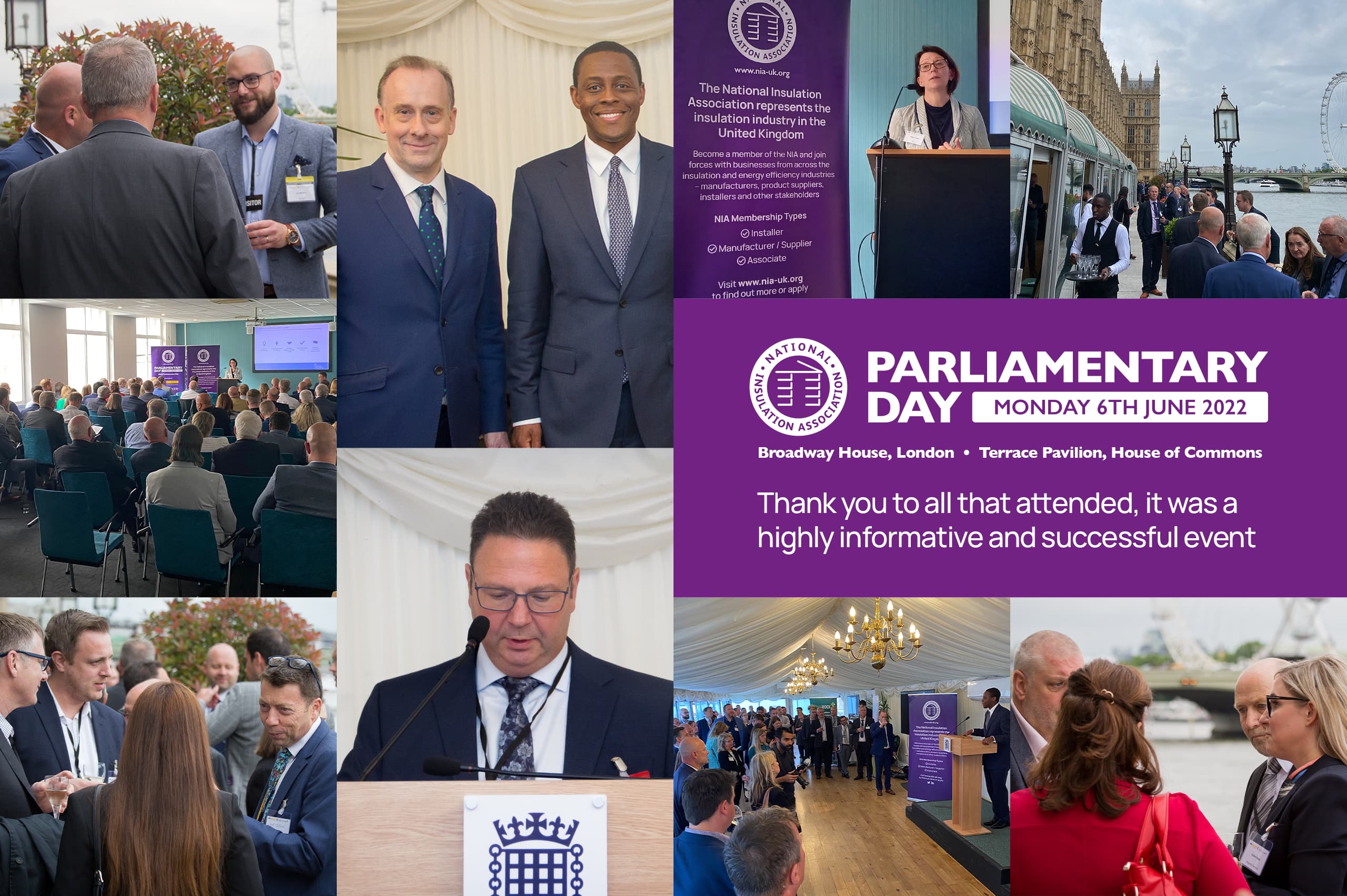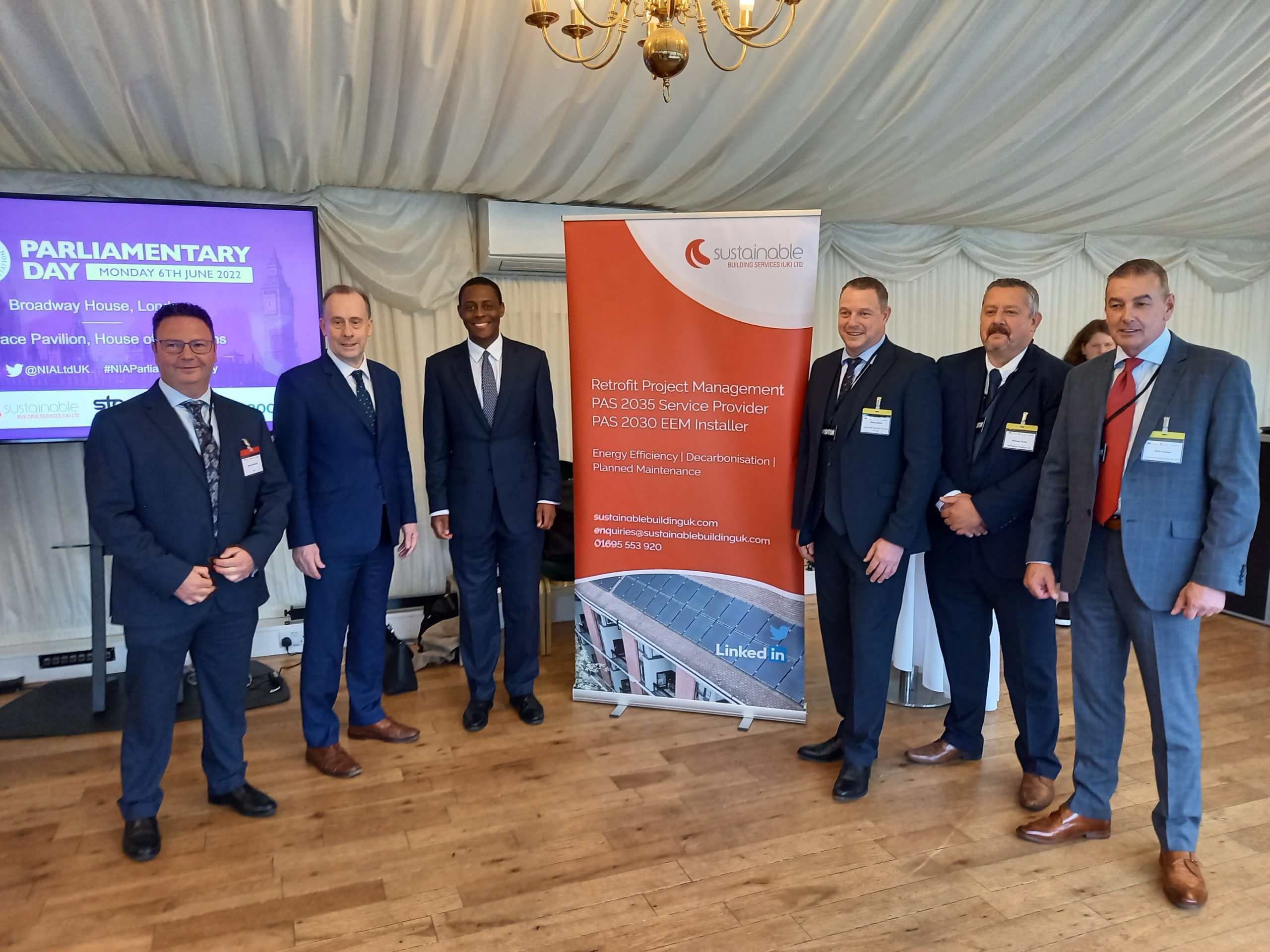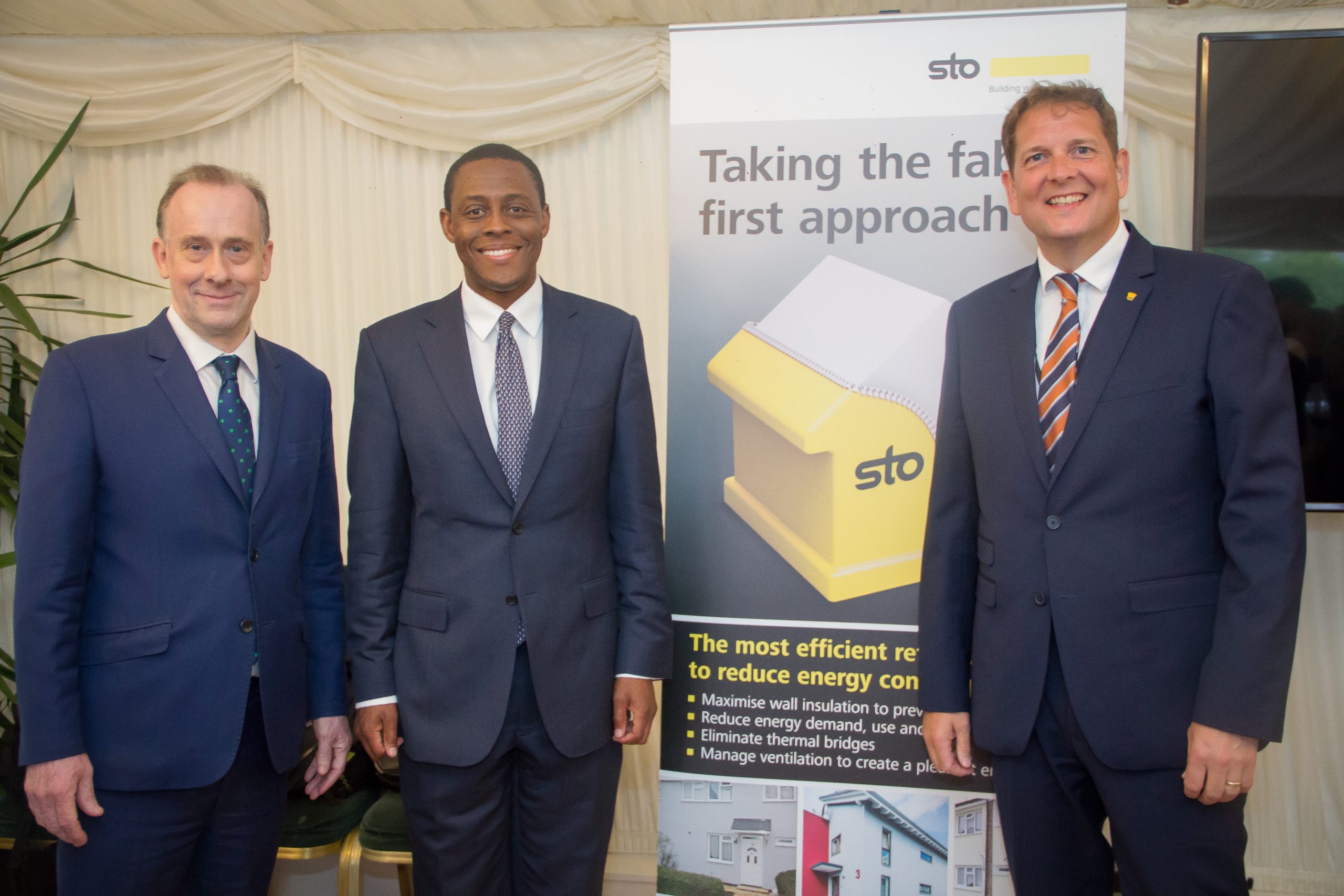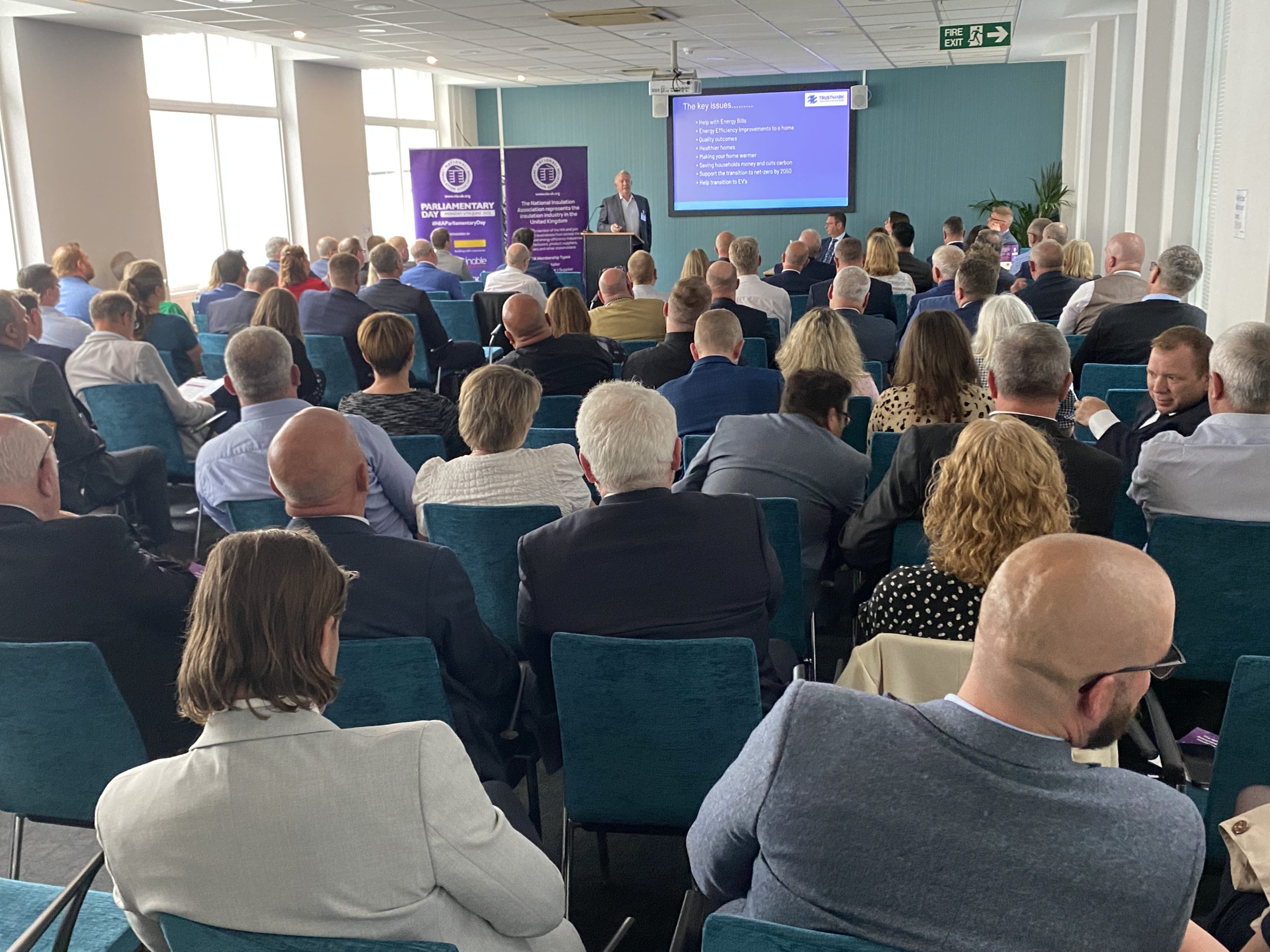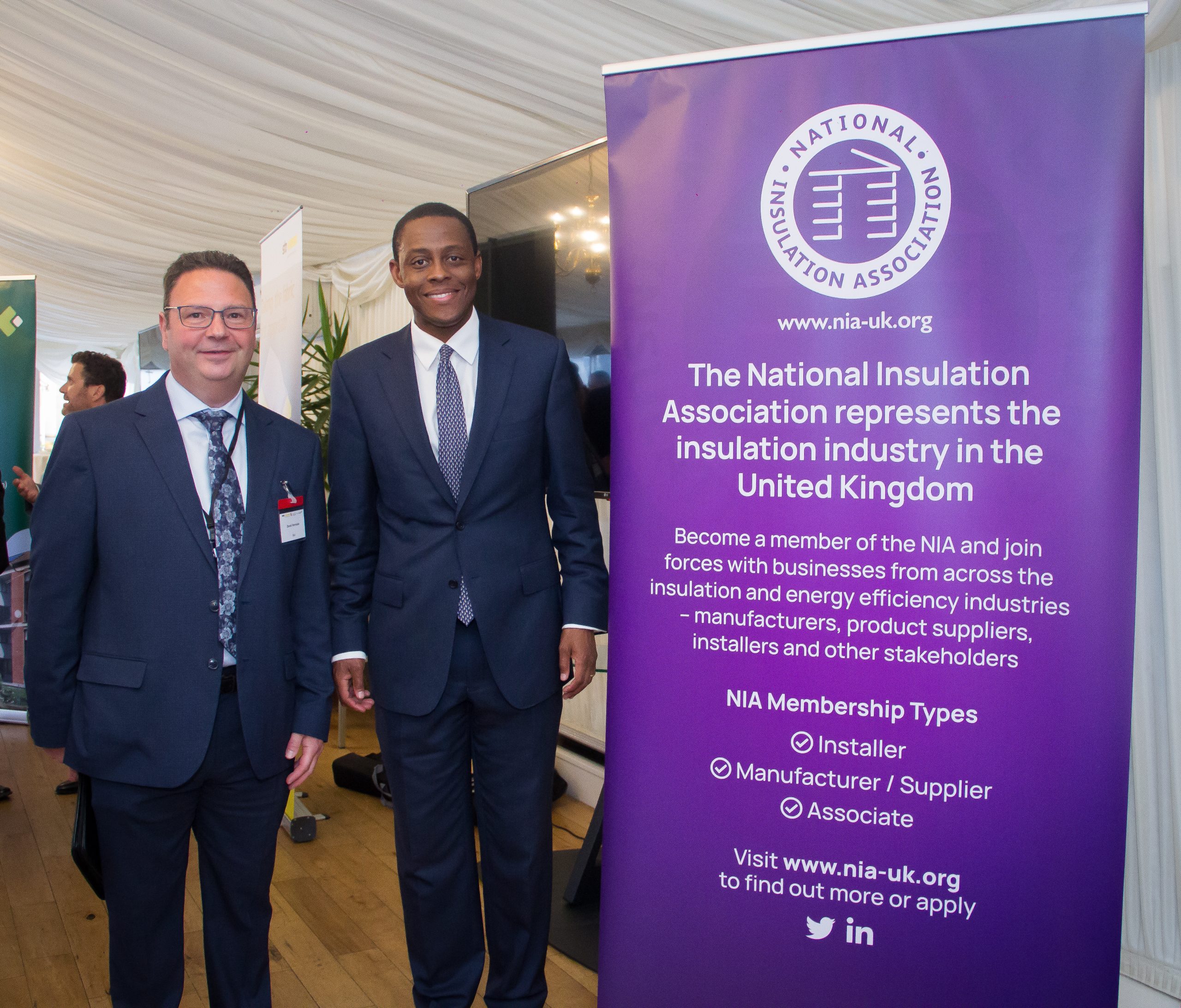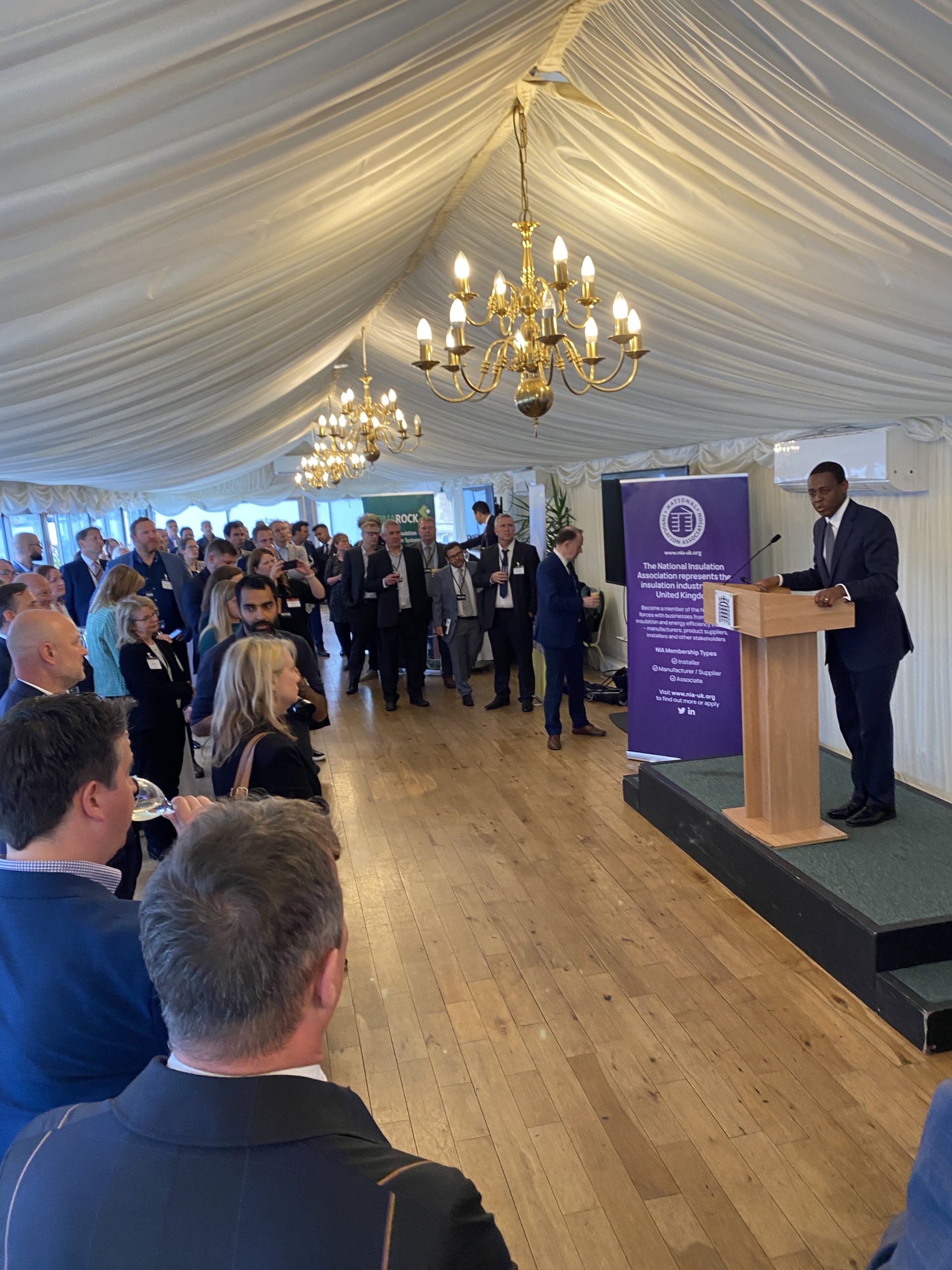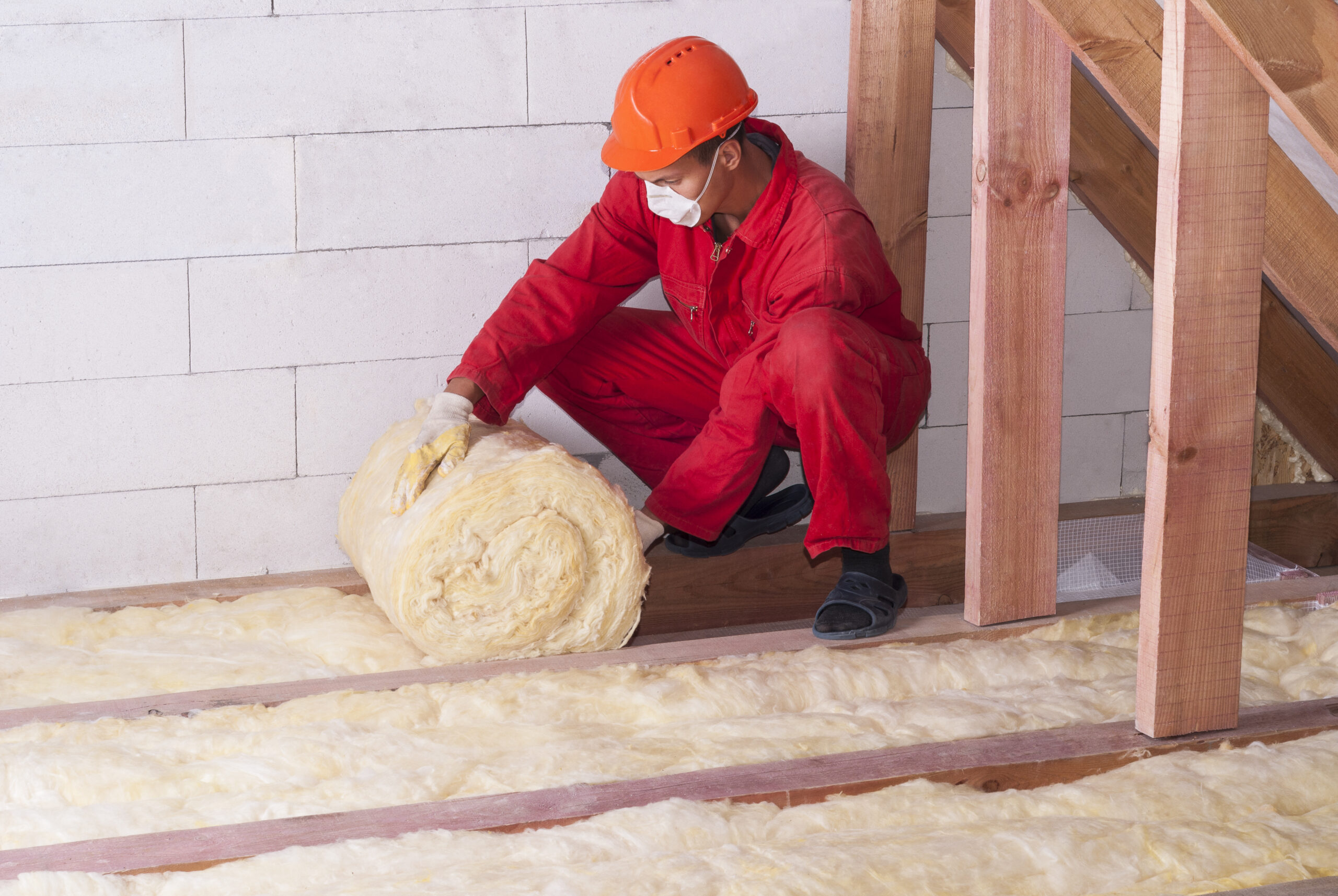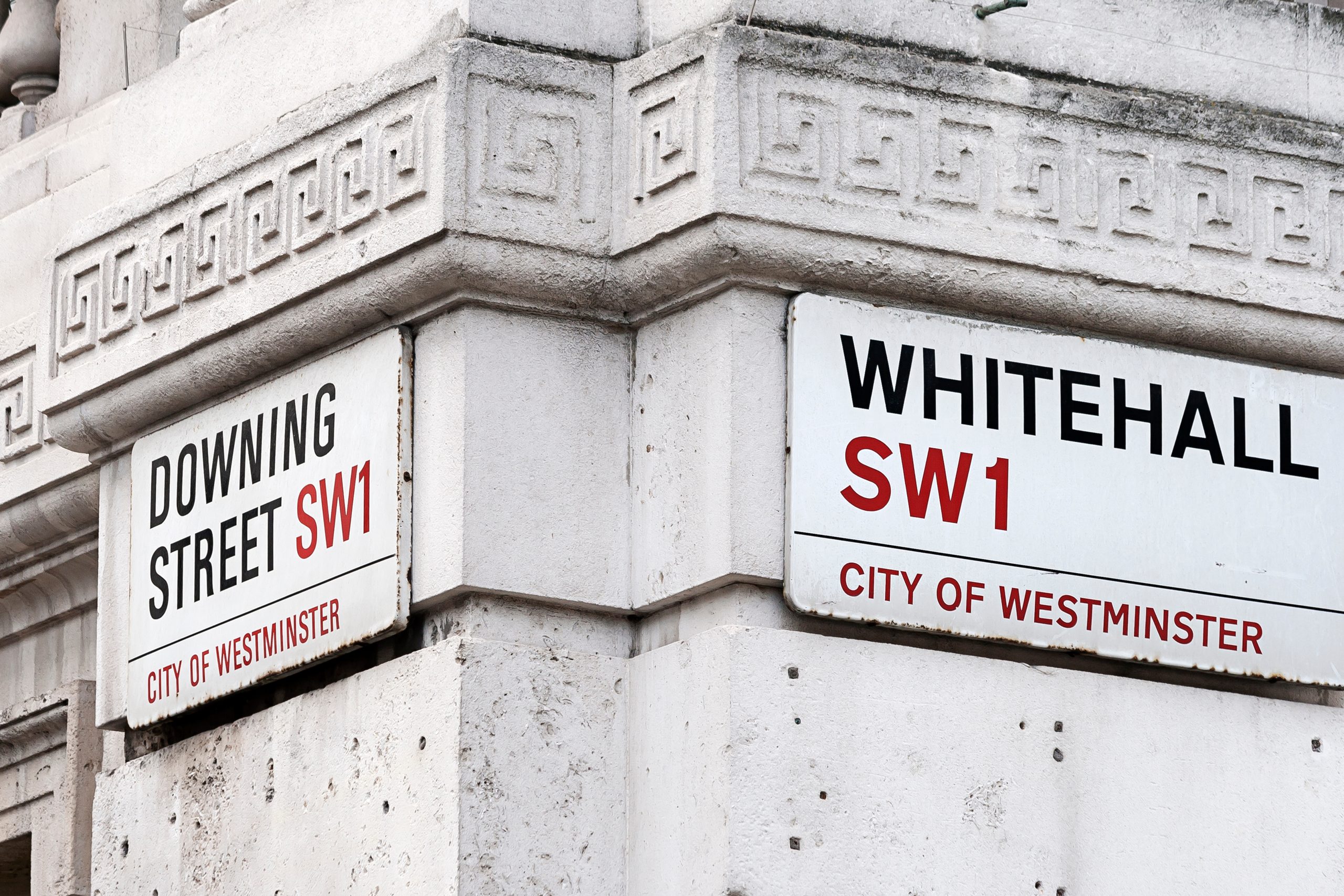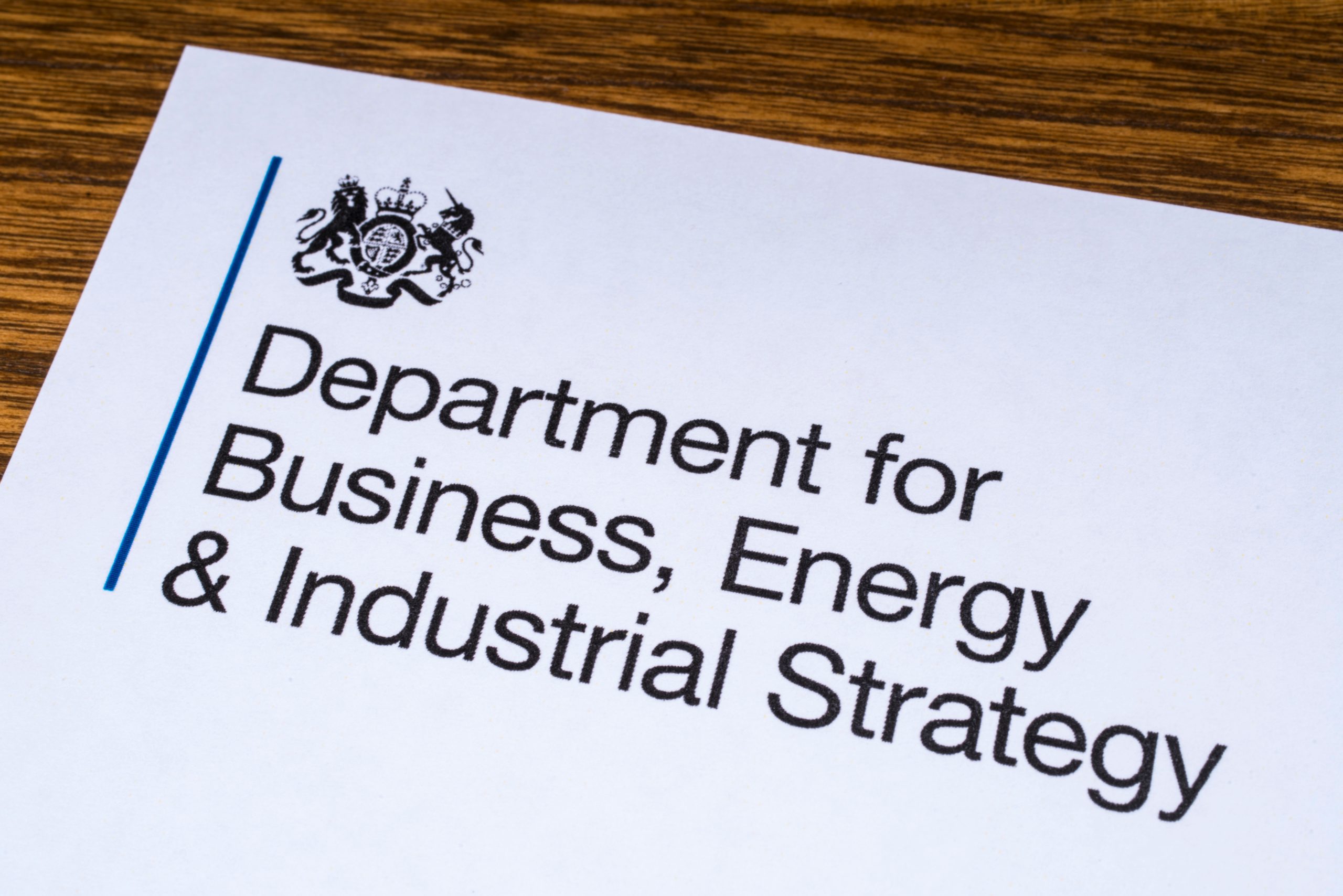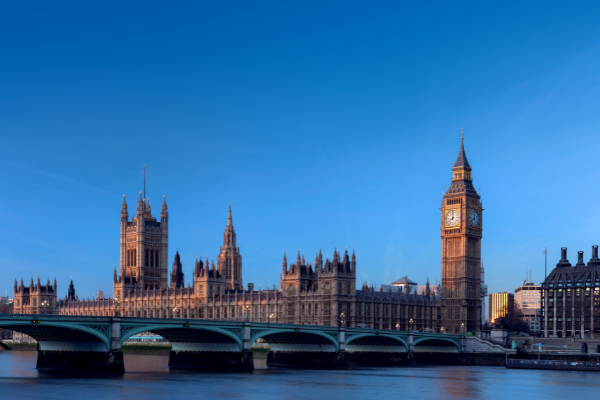
The Public Sector Decarbonisation Scheme Phase 3B: Applications due to open in September
Phase 3b of the Public Sector Decarbonisation Scheme (PSDS) is due to open to applications in September 2022 and up to £635 million is available. This is to be spent across financial years 2023/24 (£402 million of funding) to 2024/25 (£233 million of funding).
PSDS 3D Guidance
What is it?
The PSDS provides grant funding for heat decarbonisation and energy efficiency measures for organisations within the public sector. It should be noted that heat decarbonisation remains the primary focus of the scheme.
How does it differ to Phase 3a?
There have been refinements, namely: a proportion of funding is available for projects delivered over multiple years or more; a focus on cost effective heat decarbonisation; and emphasis on achieving savings in carbon emissions. There are also new additions to the guidance.
What are the new additions?
- Sector soft caps – these are to ensure the fair allocation of funding across the public sector. This is based on carbon emission distributions across sub-sectors (find more information in Phase 3b PSDS Technical Annex here. See Page 3 in the PSDS Phase 3b Guidance for how the sector soft caps will work.
- Multi-year applications. PSDS Phase 3b funding is available across financial years 2023/24 and 2024/25.
- Planning year. PSDS Phase 3b funding can be applied for projects requiring expenditure in 2024/25, by using 2023/24 as a year to plan. This is to improve certainty in funding commitments.
- Applicant contribution. Applicant funding should be equivalent to the like-for-like costs of replacing their fossil fuel heating systems. This cost must be 12% of total project costs as a minimum and evidenced. If the cost is below this percentage, the applicant must make up the funding to 12%. If the cost percentage is above, the applicant must still contribute the full like-for-like replacement costs. For example, if 20% of total project costs is like-for-like, the applicant must fund the full 20%.
- ‘Whole building’ approach. This applies only to the buildings and parts which are being heated by the proposed low-carbon heating system, and the building expected to host the system. Buildings not served by the proposed low-carbon heating system are not eligible for measures under PSDS Phase 3b.
- Energy efficiency cap. The maximum grant proportion is 58% of total grant costs per application for energy efficiency measures.
Where does insulation fit in? The primary focus remains heat decarbonisation, however it promotes a whole building approach, and a fabric first approach is supported particularly where the low-carbon heating system is serving.
It also says that if the building’s heat or electricity demand can be reduced by energy efficiency measures and other enabling works, they can be included in an application for funding.
The guidance does support that heat demand within the building should be reduced, where cost-effective and practical, before installing new low-carbon heating measures.
To read the guidance, please click here.
Key Dates
- September 2022: Application Portal opens. This will close when the budget has been met through the applications.
- January 2023: Outcomes of funding, including the announcement of successful projects.
- 31 March 2024: Projects awarded funding for a single year must be completed.
- 31 March 2025: Projects awarded funding for multiple years must be completed.
Thank you for your feedback!
Thank you to those who provided their feedback on the consultation response for the Welsh Housing Quality Standard 2023. This has now been submitted. Your feedback is much appreciated and helps to shape and influence industry.
Join our policy mailing list!
NIA members looking to play a part in the drafting of consultation responses are invited to subscribe to our policy mailing list.
Subscribe by emailing Fiona.chestnutt@gemserv.com to be added to the policy mailing list.





